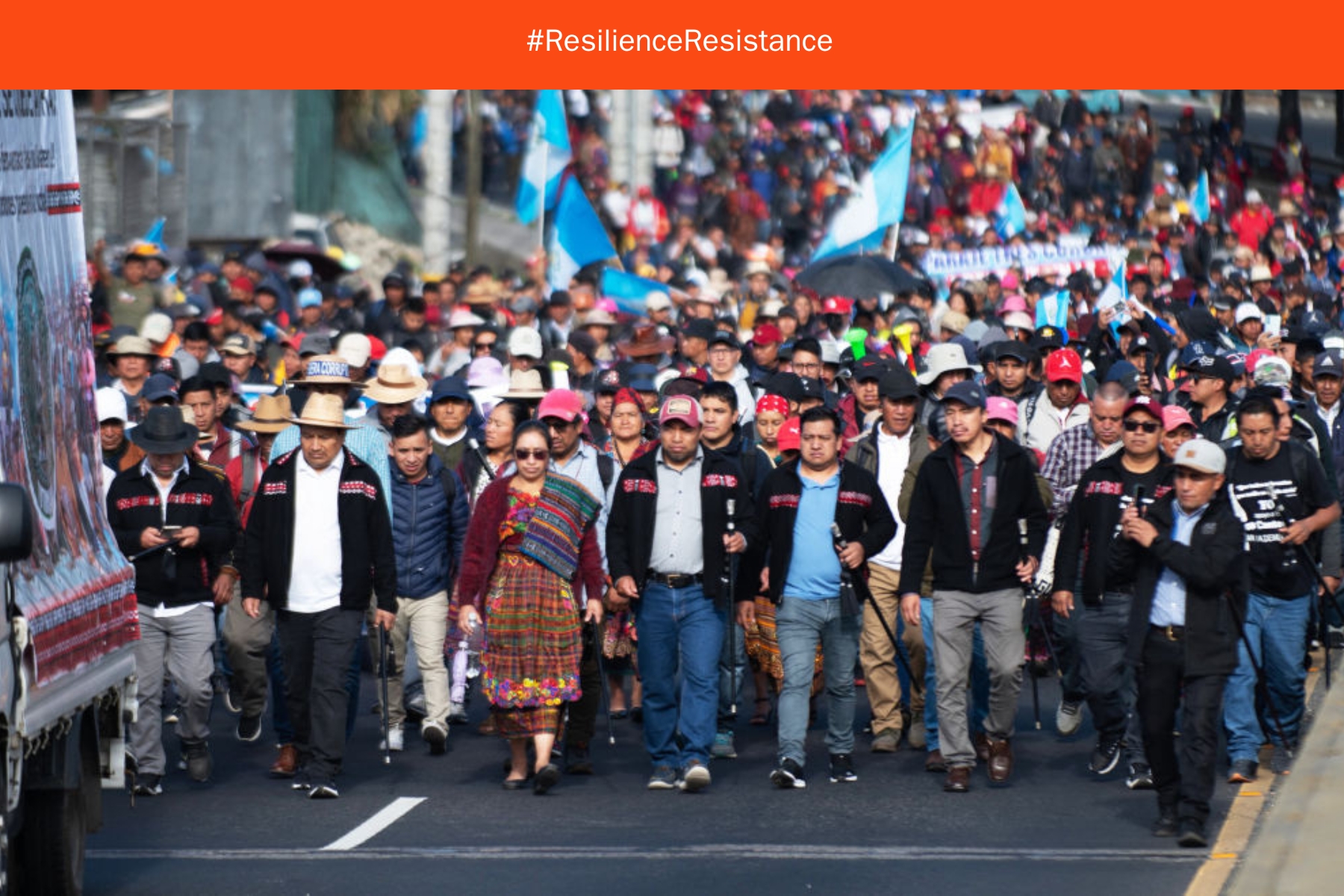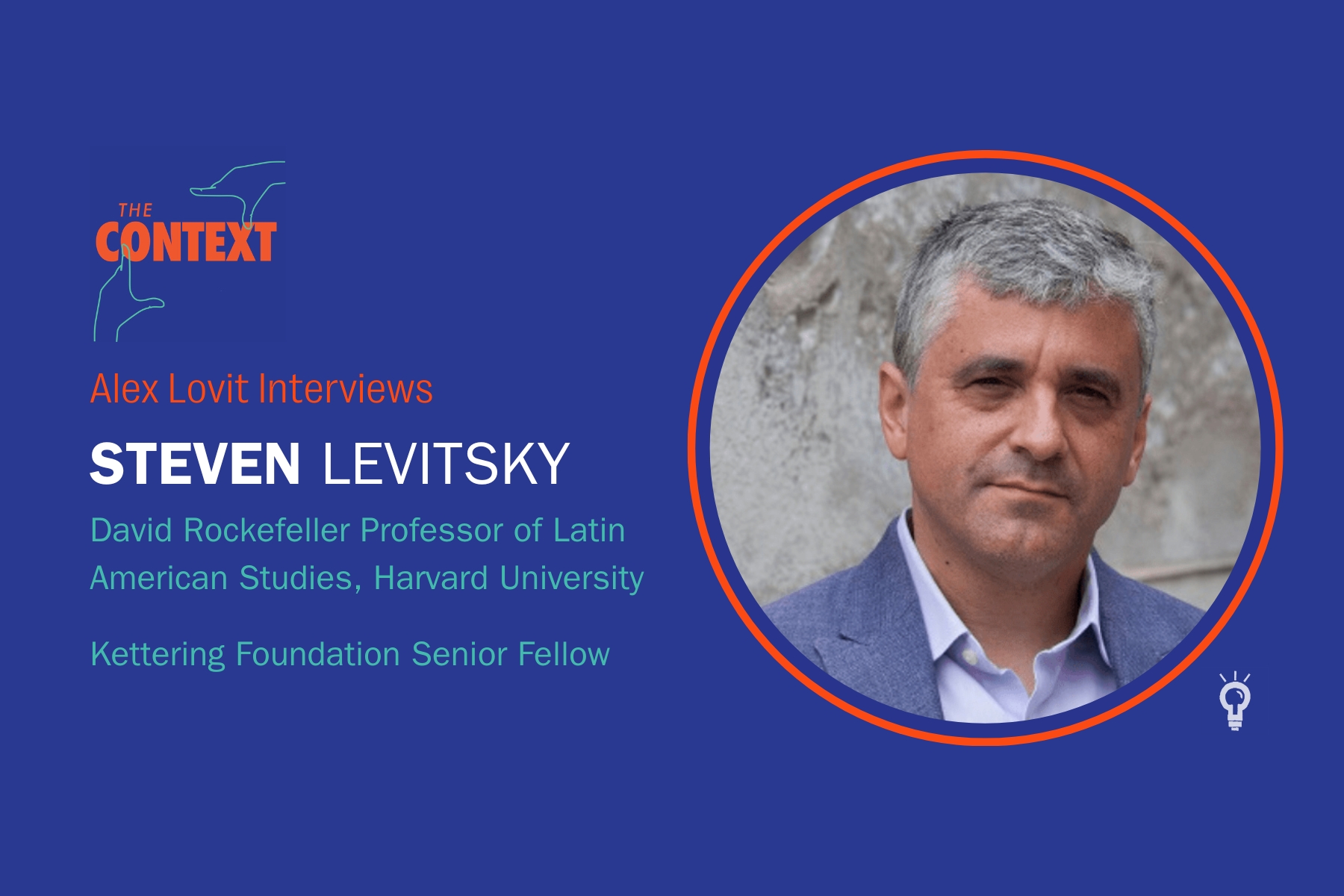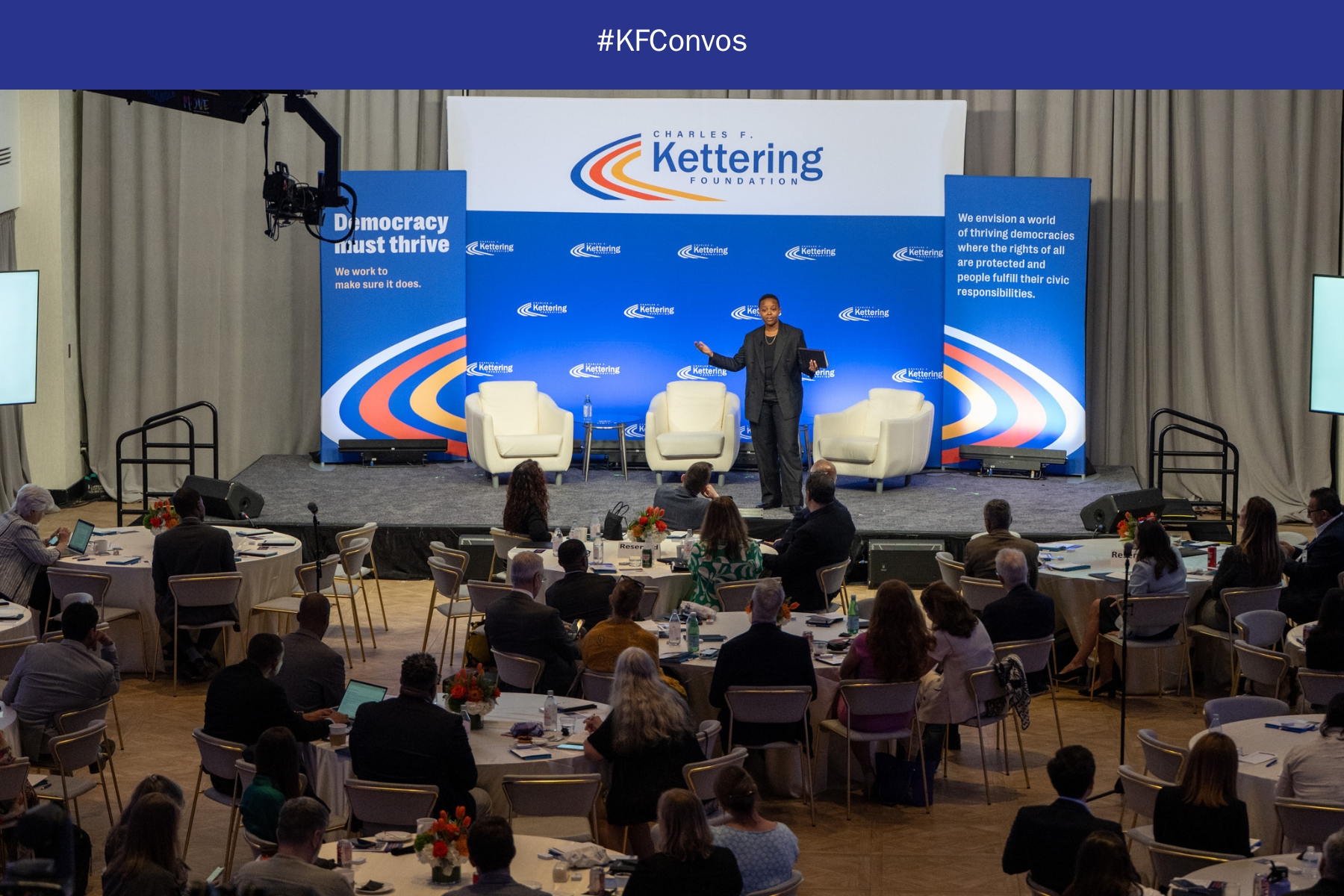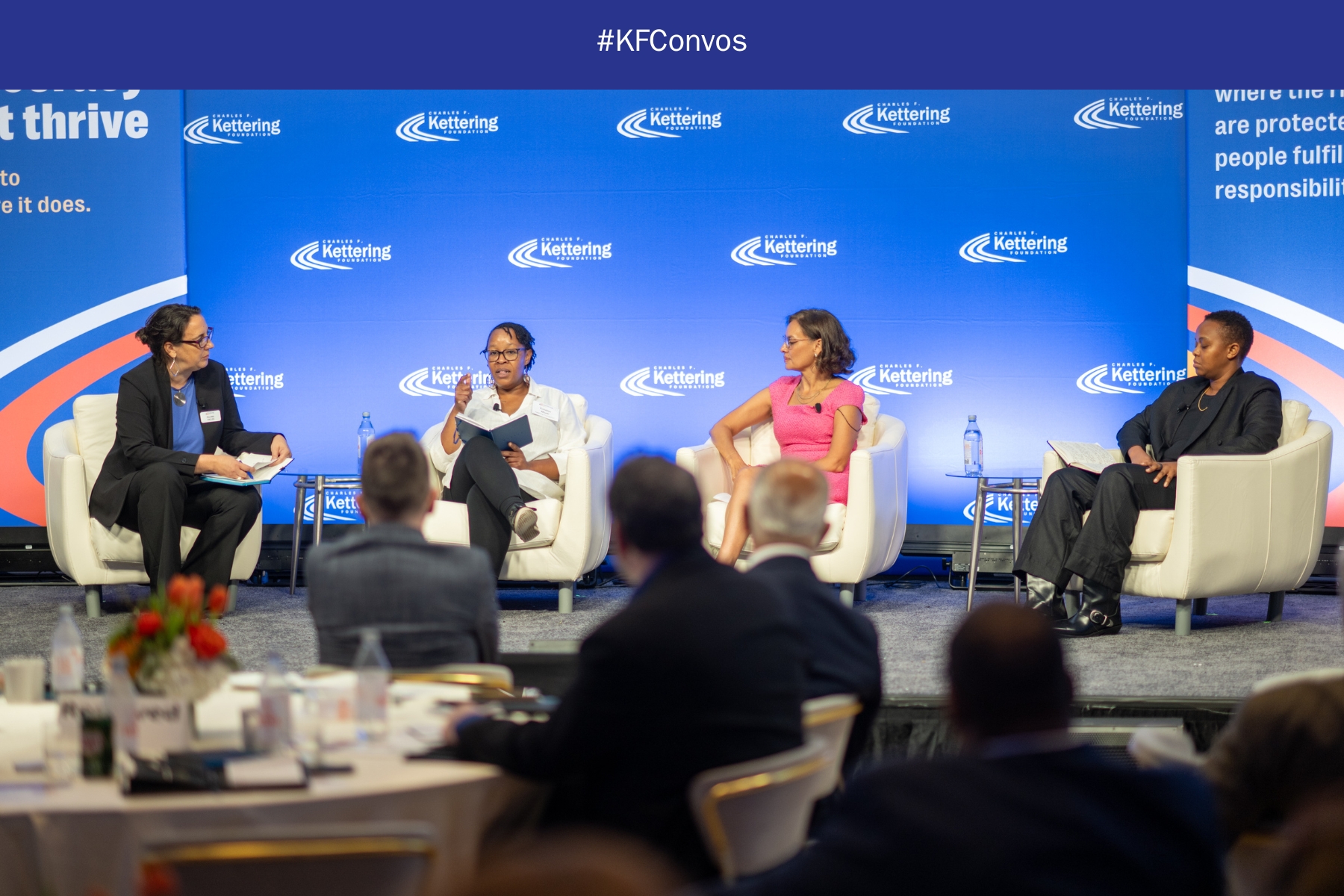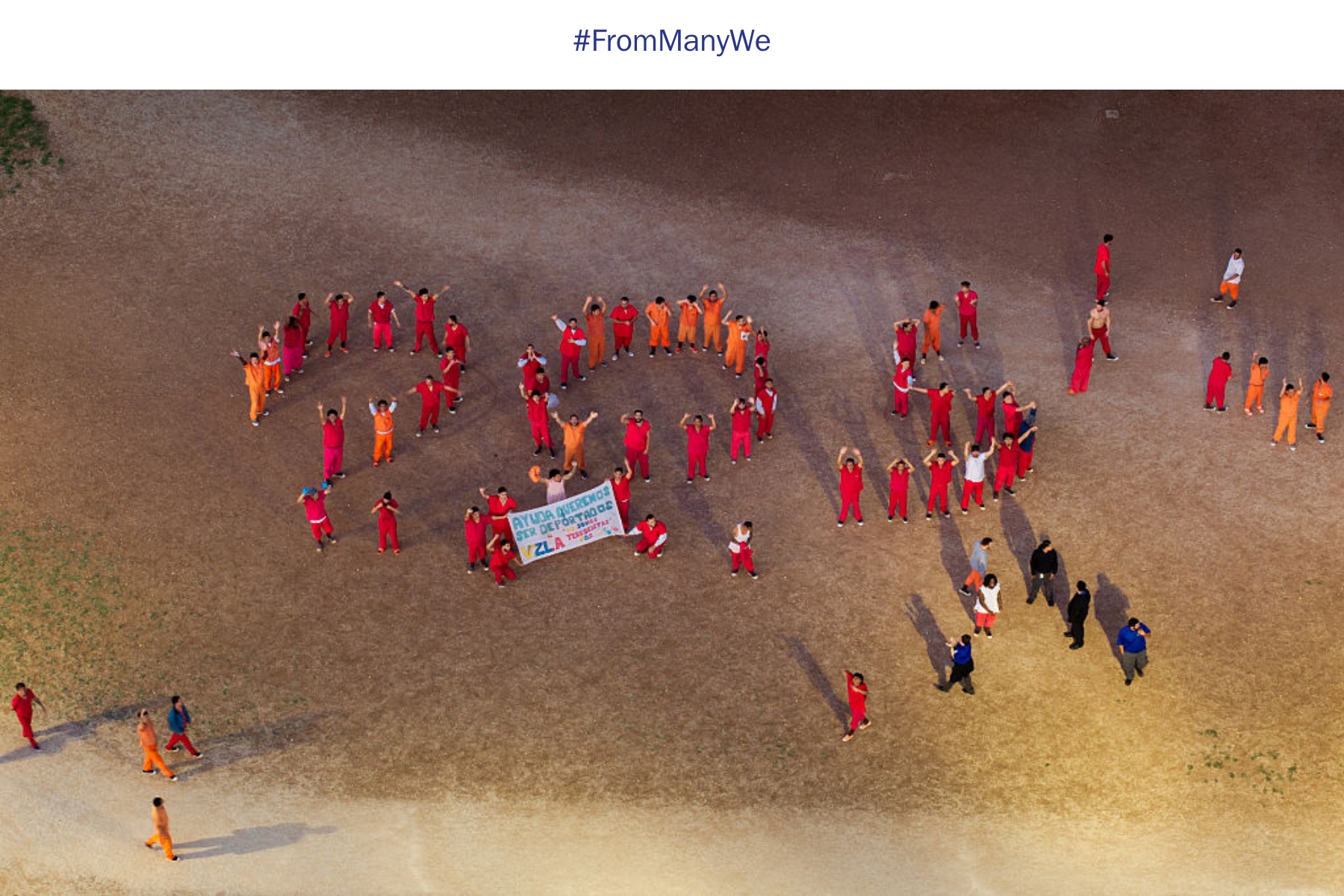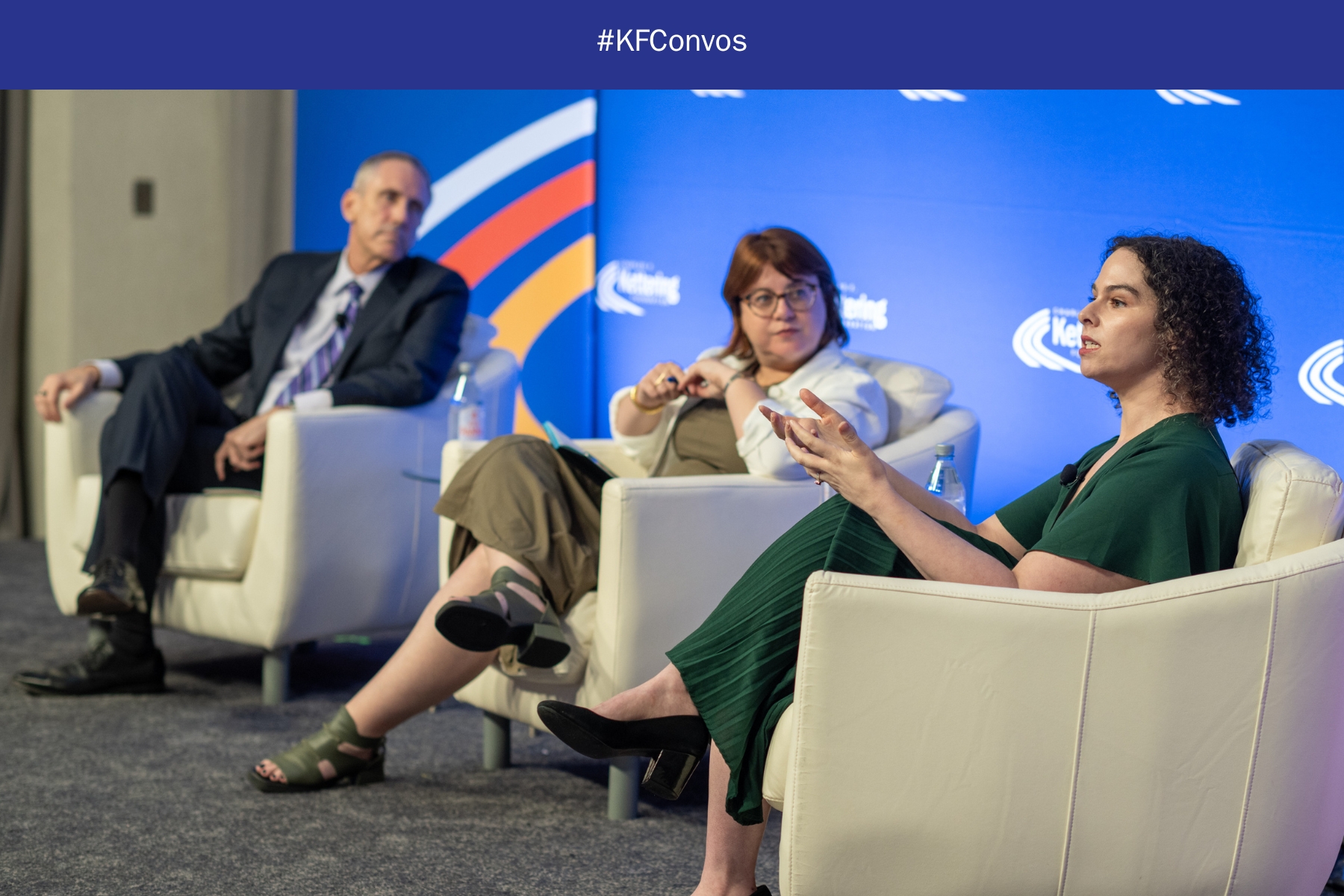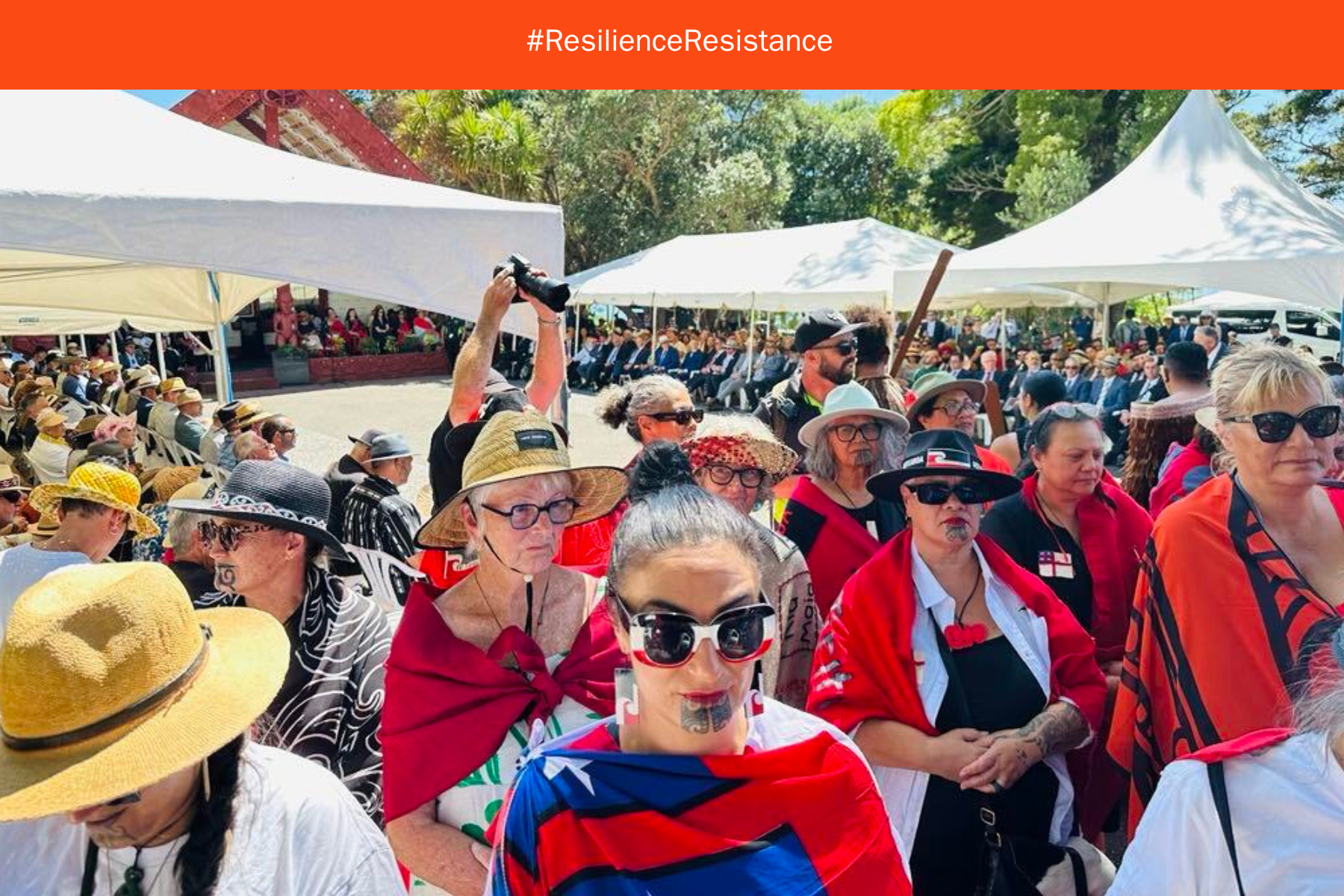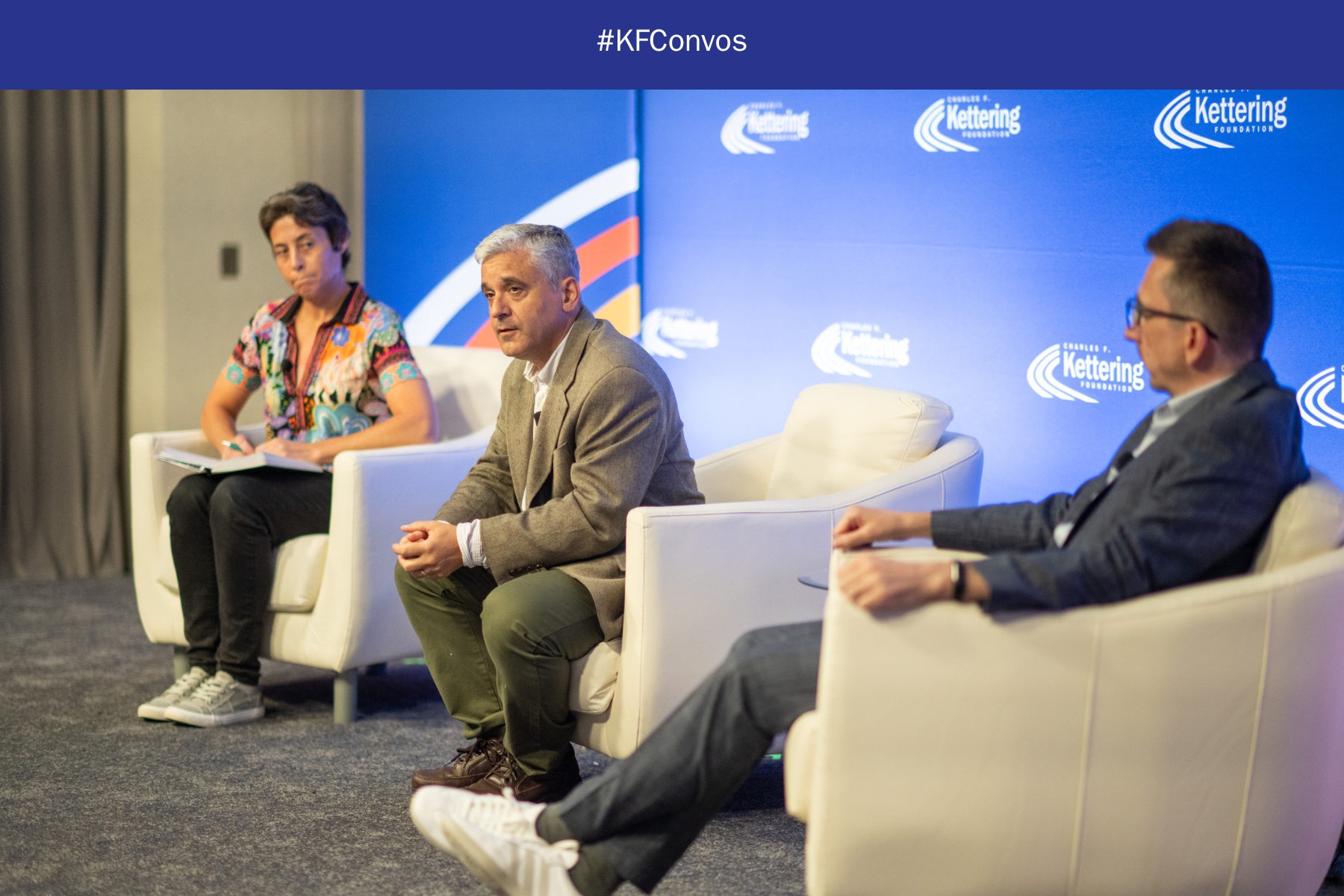How Christian Nationalism Weakens Democracy and What Can Be Done about It
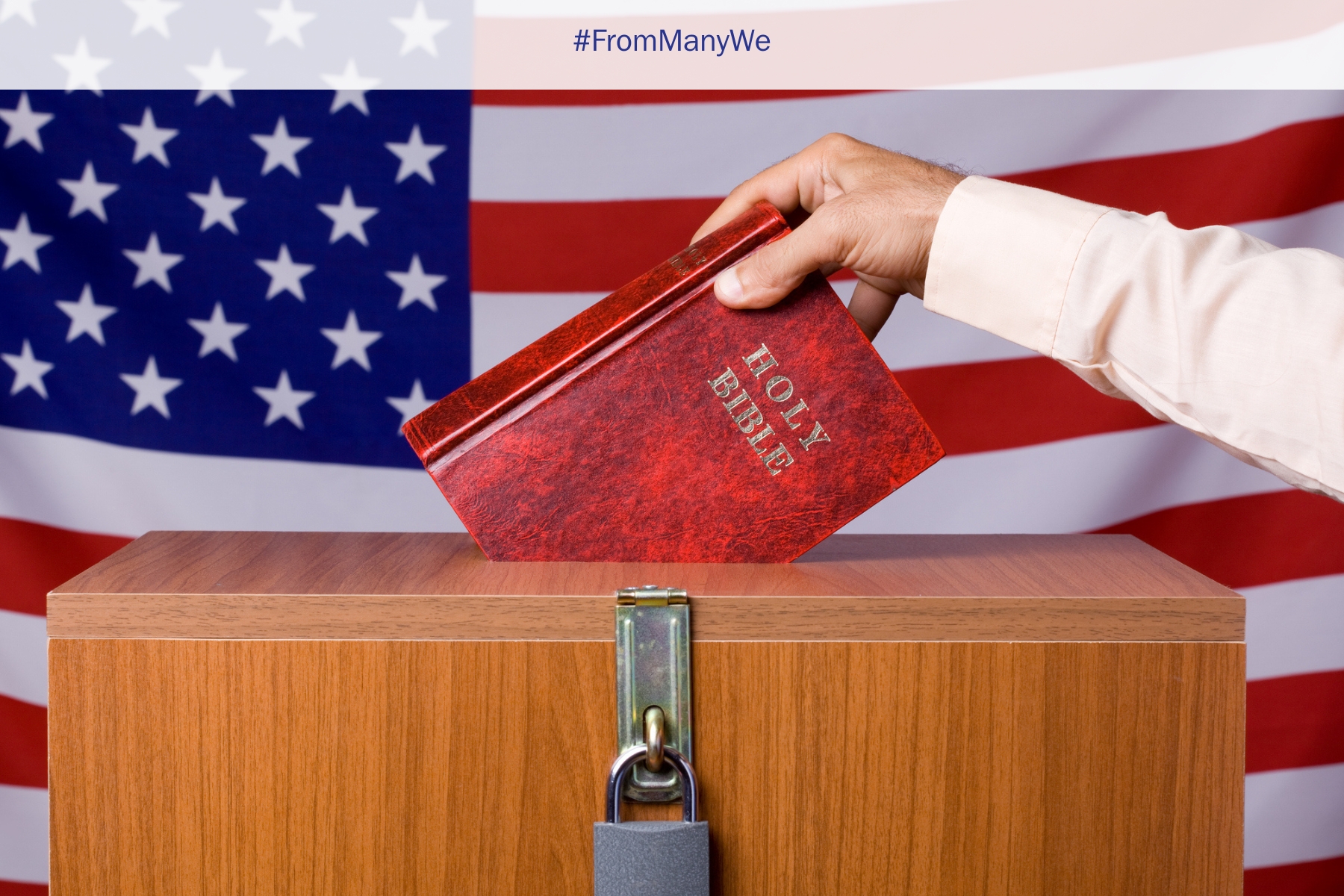
In the months leading up to the 2024 presidential election, various outlets highlighted how Project 2025—a massive blueprint directing the efforts of a possible second Trump administration—sought to suffuse Christian nationalism across the entire federal government. Project 2025 aimed to localize political power within the executive branch, and this effectively ended the checks and balances among the three branches of government laid out in the US Constitution.
Recent examples of this principle at work include the Trump administration refusing to spend funds authorized by Congress, dismantling the Department of Education and the services it provides to all students, scrapping diversity efforts across the government, and defunding National Public Radio and the Public Broadcasting System.
Project 2025, which expresses its goal of a government permeated with biblical principles, appears to oppose some of the fundamental tenets of an inclusive democracy like the full and equal inclusion of all voices and the shared appreciation of diversity.
Social scientific research provides evidence of how Christian nationalism and, by extension, initiatives like Project 2025 pose a threat to any pluralistic, democratic society.
What Is Christian Nationalism?
Christian nationalism is an ideology that desires a close fusion of a particular expression of Christianity with American civic life. It demands that all levels of our government vigorously defend this ideology as central to our national identity, public policy, and social belonging.
The phrase “particular expression of Christianity” is key to this definition of Christian nationalism. This is because there are many different expressions of Christianity, and the “Christian” of Christian nationalism does not refer to any one in particular or to all of them in general.
Rather, the “Christianity” of Christian nationalism carries cultural baggage that goes beyond referencing historic, orthodox, and Christian beliefs. The principles that set Christian nationalism apart from other expressions of Christianity include:
- A desire for ordering society according to traditionalist social hierarchies,
- Enforcing strict ethnoracial boundaries,
- Comfort with authoritarian social control,
- A commitment to free-market capitalist principles, and
- A populist impulse that breeds feelings of victimization and conspiratorial thinking.
How Does Christian Nationalism Threaten Democracy?
Any healthy democracy includes widespread civic participation, fair and free elections open to all, equal civil rights, and an appreciation of diversity. Analyzing large surveys of the American population over the last ten years gives us consistent evidence of Christian nationalism opposing these factors in at least three aspects.
Christian Nationalism Envisions a Specific Preferred Citizen. Christian nationalism embraces a historical narrative of the United States being created by White, male, Christian, able-bodied, heterosexual capitalists. This group (and their wives and children) is believed to deserve preferential access to civil rights, social benefits, and political power.
Americans who strongly embrace Christian nationalism are more likely to believe:
- Racial diversity is a hinderance to national unity;
- Being Christian is essential to being “truly” American, and religious diversity breeds division;
- LGBTQ+ people should be denied various civil rights and are not worthy of being political candidates;
- Americans should fear economic systems other than capitalism; and
- Men are preferred leaders.
These beliefs elevate a particular group as being the “true” citizens, breeds disdain toward most forms of diversity, and produces contempt for the equal participation of all people in American civic life.
Christian Nationalism Views Equal Participation in Civic Life as a Privilege, Not a Right. Because Christian nationalist adherents believe the United States was made by a particular people and for a particular people, they also believe that full participation in democracy should only be guaranteed to those Americans who represent the preferred group. These Americans who are the only “true” citizens are considered to be the only rightful participants in democracy. Civic life is seen as a privilege of the deserving, not as a right for all.
This explains why recent national surveys show Americans who embrace Christian nationalism are much more likely to believe that voter suppression is not a real problem, the US makes it “too easy to vote,” and that voter fraud is rampant. They also support measures to disenfranchise individuals who could not pass a basic civics test or who committed certain crimes.
Americans who embrace Christian nationalism are comfortable with engaging in political violence to oppose an election result they disagree with. Many say that they would support unethical leaders who would enforce their particular vision of the country. Some even say they are willing to fight to preserve a “White Christian country.”
Citizens and political leaders who embrace Christian nationalism still believe they are supporting democracy. To them, participation in democracy is reserved for “true” Americans, and “true” Americans fit the cultural commitments and identity markers mentioned above. So, by this logic, keeping certain groups from participating in democracy and voting is in fact protecting democracy.
The Christian Nationalist Vision for the United States Is God’s Vision for the United States. A vital aspect of Christian nationalism’s power is the belief that this vision for the nation is willed by the Christian God. When the cultural commitments of Christian nationalism can be legitimated by an all-powerful supreme being, absolutely nothing can or should stand in the way. The views and desires of groups or people who do not align with the preferred markers of “true” citizens become irrelevant or even an obstacle to the path of God.
The Christian nationalist vision for the United States has little tolerance for diversity or for the full participation of all people. This underscores the threat Christian nationalism poses to democracy through Project 2025 and similar programs that seek to dramatically reshape civil society.
What Can Be Done?
The draw of Christian nationalism is that it offers a powerful form of social identity by presenting a vision of where we as Americans came from and where we should go as a country. In response, supporters of an inclusive democracy will have to offer a compelling alternative.
The question facing us all is if the United States is a country by the people and for the people, or by a particular people and for a particular people. The fundamental tenets of an inclusive democracy—commitment to the full and equal inclusion of all voices and the shared appreciation of diversity—are absent in the various social scientific analyses of Christian nationalism.
We can respond by committing to the defense of religious liberty for all. Americans of any faith, or of no faith, have the right and responsibility to participate equally in our democracy. This means we all deserve to have a say—not just those who embrace the particular expression of Christianity held by Christian nationalism.
A second way to respond, and to defend religious liberty for all, is to reconstruct and expand our shared civic spaces. “Rebuilding deep civic roots,” Deva Woodly writes, “is necessary for the ongoing mobilizations of 2025 and beyond to meet serious democratic challenges” facing the United States. While this includes voting, it also involves direct actions like serving in a mutual aid group or joining a community gathering in order to solve a local problem. We will need to leverage the privileges we enjoy in service of those with fewer or none.
It is only through doing the hard work together that we can strive toward the original vision for this country: creating and sustaining a government and nation that is truly of the people, by the people, and for the people, not just a select few.
Andrew L. Whitehead is a professor of sociology at Indiana University Indianapolis and a Charles F. Kettering Foundation research fellow. Follow him on Bluesky and Substack.
From Many, We is a Charles F. Kettering Foundation blog series that highlights the insights of thought leaders dedicated to the idea of inclusive democracy. Queries may be directed to fmw@kettering.org.
The views and opinions expressed by contributors to our digital communications are made independent of their affiliation with the Charles F. Kettering Foundation and without the foundation’s warranty of accuracy, authenticity, or completeness. Such statements do not reflect the views and opinions of the foundation which hereby disclaims liability to any party for direct, indirect, implied, punitive, special, incidental, or other consequential damages that may arise in connection with statements made by a contributor during their association with the foundation or independently.

